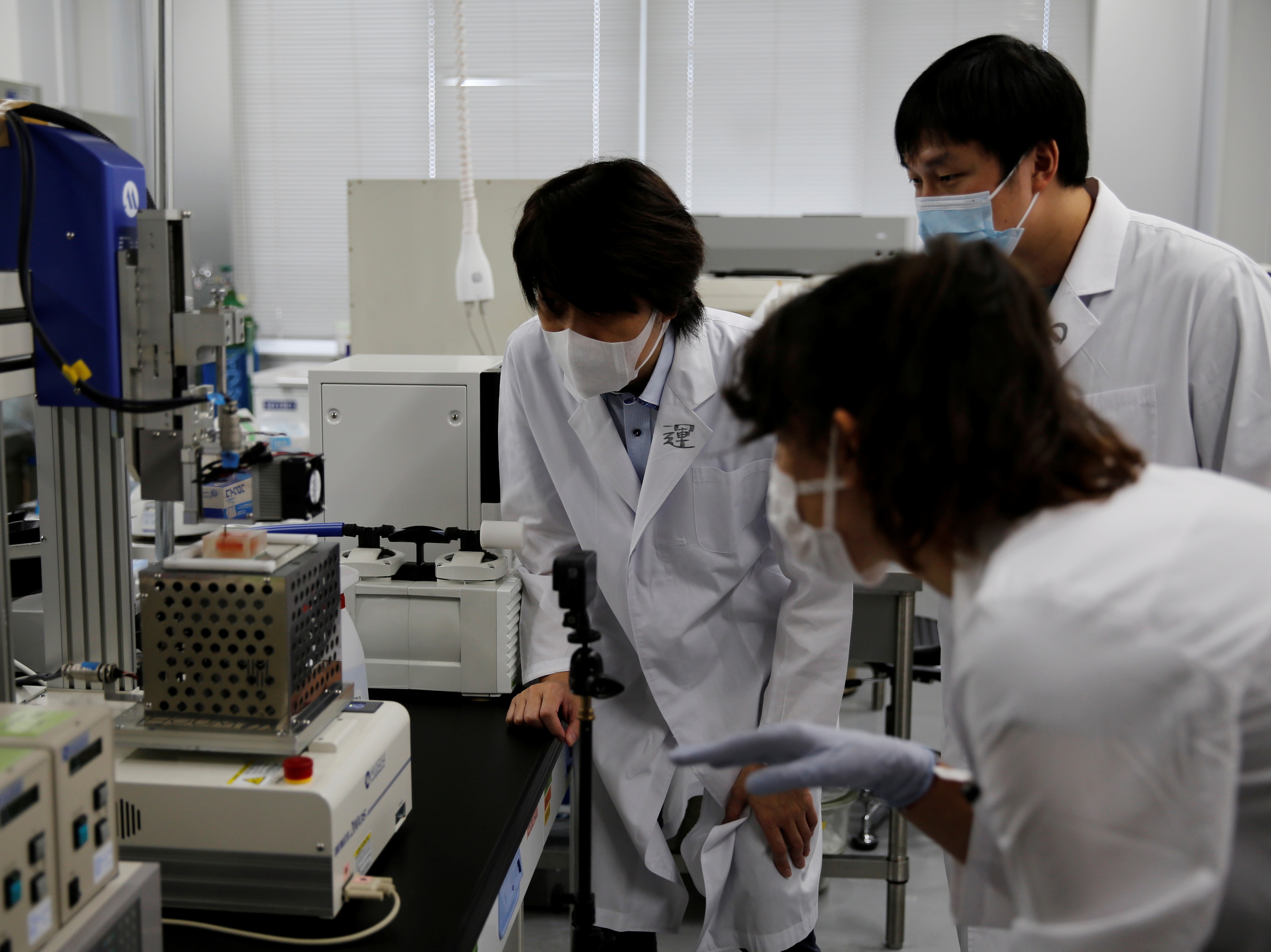
Japan’s greatest export today: stability
Japan is well-known for its stability. Placing more value on collective and long-term wellbeing will better serve Japan as it navigates global changes.
Makiko held a number of leadership positions in marketing and sales at Intel Corporation in Japan and Asia Pacific region. After serving as president and representative director of Intel Japan for five years, she assumed her current post in April 2018. Makiko has also been serving on the committee for the promotion of regulatory reform by the Japanese government from 2016. A graduate of Waseda University, she holds a master’s degree in sociology from Arkansas State University in the United States.
Japan is well-known for its stability. Placing more value on collective and long-term wellbeing will better serve Japan as it navigates global changes.
混迷する世界情勢を各国が舵取りする中、日本の経済社会の安定性が際立っています。安定した政治体制を有し、貿易相手国としても信頼が置かれている日本は、分断が進む時代において、頼れる存在としてその価値を高めていくでしょう。
Japan is the lowest-ranking of the G7 countries for gender equality, according to the Gender Gap Index. What progress is being made on diversity and what more can be done?
世界経済フォーラムによる最新のジェンダー・ギャップ指数では、日本は再びG7諸国の中で最下位となりました。これは、女性だけでなく、他のマイノリティグループも取り残されていることを明確に示すものです。
In Japan the concept of well-being has expanded from a personal state of happiness to an inclusive shift in the way society and the wider economy operates.
かつて「幸福な状態」と定義されていた「ウェルビーイング」は、その後、医療などの分野で主に使われるようになり、今では経済的側面の充実のみならず、住環境や安全、文化、食、生活環境の豊かさをも指す、より包括的な概念となりました。つまり、ウェルビーイングとは、生きる目的そのものなのです。
世界で最も急速に高齢化が進む日本では、若年層の将来に対する信頼を取り戻すことが急務となっています。 日本は、経済的にも社会的にも、悪循環に陥っています。過去30年にわたる経済成長の停滞によって賃金は低下し、幾度の政策転換にもかかわらず、若年層は家庭を持つことに十分な自信を持つことができないままです。
For a brighter future, Japan must invest in youth, generate good jobs and ensure healthy and productive longevity for the world's fastest-aging population.
例年、世界中で注目される、世界経済フォーラム「ジェンダーギャップ・レポート」。2021年版では、引き続き、政治、経済の分野における「ジェンダー・パリティ(ジェンダー公正)」に大きな課題がある事に加え、コロナ禍の影響もあり、「グローバル・ジェンダー・ギャップ(世界男女格差)」の解消には、「133年後」を要すると予想されています。これは、昨年の99.5年から、さらに「33.5...
The Japanese government's recent equality roadmap will encourage changes for women at boardroom level. This is good news for the gender gap, but there is still some way to go.
日本では「一人勝ち(勝者総取り)」を追求すると、冷ややかな目で見られるのが常でした。むしろ、社会の持続可能な繁栄には、ハーモニー・協調性が欠かせないと考えられていました。こうした思考の背景には、地理的に孤立し、稲作文化であった歴史もあります。島国で、天然資源が限られているため、生き残るには共有しなければならなかったといった要素もあったと考えられます。
The business culture in Japan has been resistant to change, with a preference for seniority and lifelong employment and a lack of gender parity.
新型コロナウイルスの感染拡大により、厳しい経済状況に置かれている今、日本では、多くの女性が脆弱な立場に置かれ、ストレスを抱えていることを見過してはいけません。パンデミック(世界的大流行)の影響により、日本でかねてから懸案されているジェンダーギャップの課題が浮き彫りになりましたが、問題は深刻化し続けています。
COVID-19 affected women's economic opportunities more than men's. In Japan, this is especially pronounced. Here are three ways to address the gender gap.
ジェンダー・パリティ(ジェンダー公正)推進に向けた動きは、近年日本でも盛んですが、それでもなおジェンダー・ギャップは広がり続けています。世界が2020年国際女性デーを祝うこの時こそ、日本が遅れをとっている理由は何か、そして、この先10年、ジェンダー平等を目指しどう前進するべきかを考える良い機会です













